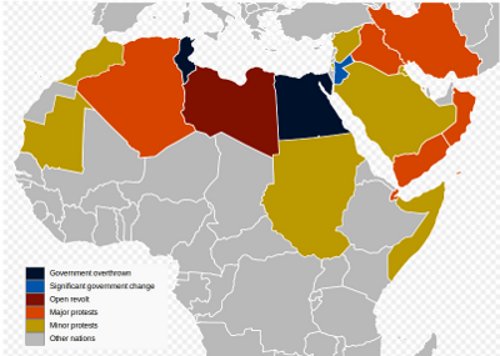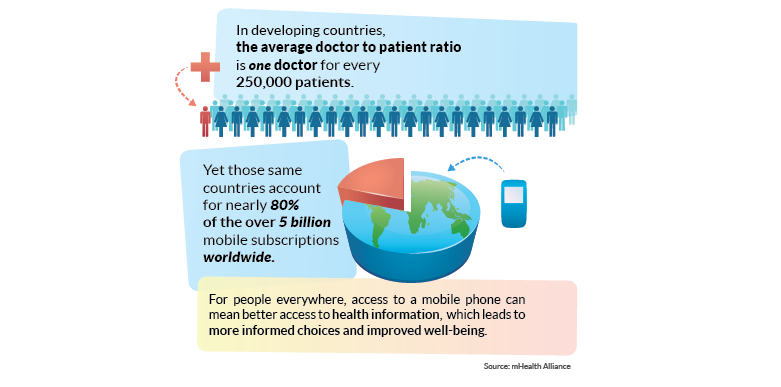
The high rate of youths entering the workforce is straining already anemic economies. These populations are more educated than in the past but unable to find opportunities commiserate with their abilities. Additionally, incredibly high inequality, often on tribal or sectarian lines, compounds feelings of discontent. Like a nuclear detonation, revolution requires a critical density of anger before it is capable of being triggered.
Climate change has impacted crop production in a number of key agricultural nations like Russia and Australia sending the price of key staples to new heights. The United Nations reported that the January’s Food Price Index reached “the highest level since the agency started measuring food prices in 1990.” This impact is just recently being felt in the United States and Europe because we consume heavily processed food as result of large food subsidies for domestic production of corn and tariffs on sugar. However, in most of the world increases in food prices are placing tremendous strain on already economically stressed populations.
Finally, the extent to which new information technologies have contributed to unrest depends on factors specific to particular context. These include the reaction from the regime and citizen familiarity with particular communication channels. Egyptians swarmed to social media sites forcing the government to shut down the Internet and after Mubarak left a family named their child Facebook. On the other hand, Libyans were much more circumspect creating false profiles on a popular dating site to send coded messages and avoid government censors. The important factor is not the platform being used but the democratization of communication through the use of mobile phones and the Internet. Of particular interest is the way new technologies are being integrated into the “sneakernet.” The Los Angeles Times has a great piece on the “information smugglers” who carry mobile videos across the border so they can upload it onto social media sites. However, the fact that protests have occurred in ICT black hole North Korea shows even if technology is helping in some places it is not the proximate cause.
These technologically empowered youth populations are seizing their chance to replace the septuagenarians ruling them. And no amount of rapping by leaders like Museveni is going to change the structural factors responsible.
Slideshow image is used courtesy of Amir AbdelShafy, Cairo. All rights reserved.



